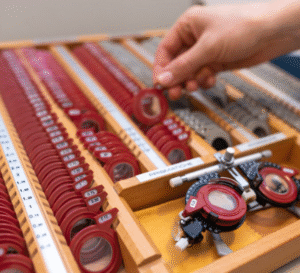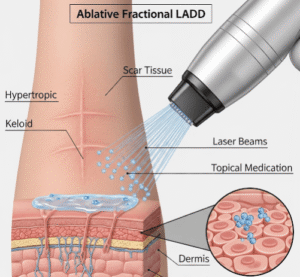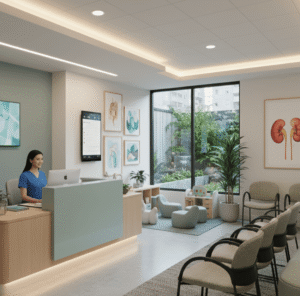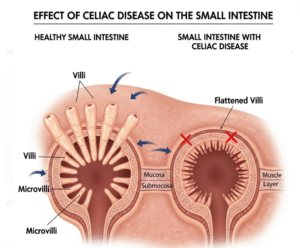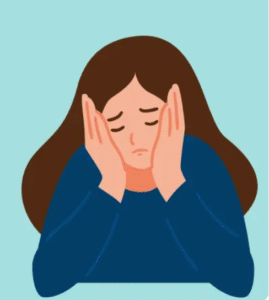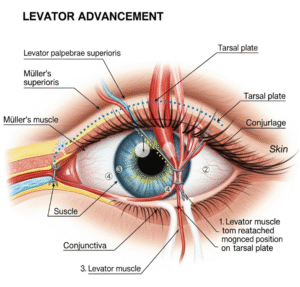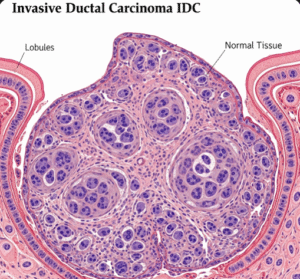Overview
A concussion is a mild traumatic brain injury (TBI) caused by a blow, jolt, or sudden movement of the head, leading to temporary disruption of normal brain function. Although most concussions are not life-threatening, they can produce significant symptoms such as headache, confusion, dizziness, and memory problems. Early evaluation and proper management are essential to prevent complications and promote full recovery.
What is a Concussion?
A concussion occurs when the brain rapidly moves within the skull, stretching and damaging brain cells and causing chemical changes. Unlike more severe brain injuries, concussions typically do not produce structural damage visible on standard imaging, so diagnosis relies heavily on clinical evaluation.
Symptoms
Symptoms can appear immediately or develop over hours or days and include:
- Headache or pressure in the head
- Confusion or “foggy” feeling
- Dizziness or loss of balance
- Nausea or vomiting
- Sensitivity to light or noise
- Blurred or double vision
- Fatigue or sleep disturbances
- Memory or concentration difficulties
- Mood changes, irritability, or anxiety
- Loss of consciousness (in some cases)
Causes
- Falls, sports injuries, and motor vehicle accidents
- Physical assaults or blunt trauma to the head
- Sudden acceleration/deceleration injuries (e.g., whiplash)
- Blast injuries in rare situations
Risk Factors
- Participation in contact or high-impact sports
- Previous history of concussion
- Young age, especially children and adolescents
- Male gender (higher risk in certain sports)
- Unsafe recreational or occupational environments
Complications
- Post-concussion syndrome (persistent headache, dizziness, and cognitive difficulties)
- Second impact syndrome (potentially fatal if another concussion occurs before recovery)
- Sleep disturbances
- Mood disorders, including anxiety and depression
- Cognitive impairments affecting memory, attention, and learning
Prevention
- Use helmets and protective gear during sports, biking, or high-risk activities
- Implement home, school, and workplace safety measures
- Avoid high-risk behaviors
- Supervise children in potentially hazardous environments
- Gradual return to sports after full recovery
- Education of athletes, parents, and coaches about concussion risks
Treatment Options in Korea
South Korea provides advanced neurological and rehabilitation care for concussion patients:
- Diagnosis
- Clinical evaluation by neurologists or trauma specialists
- Cognitive and balance assessments
- CT or MRI scans for severe symptoms or suspected complications
- Acute Management
- Rest and temporary restriction of physical and cognitive activities
- Pain relief with acetaminophen (NSAIDs are used cautiously)
- Close monitoring for worsening neurological signs
- Rehabilitation
- Gradual, supervised return-to-activity programs
- Physical therapy for balance and vestibular rehabilitation
- Occupational therapy for cognitive and functional recovery
- Psychological support for anxiety or mood disorders
- Follow-up Care
- Regular neurological assessments
- Symptom tracking and activity adjustment
- Multidisciplinary care at major Korean hospitals:
- Seoul National University Hospital – Neurology & Brain Trauma Clinic
- Samsung Medical Center – Rehabilitation Medicine
- Asan Medical Center – Brain Injury Unit
- Education & Prevention Programs
- School and sports club awareness campaigns
- Training for safe practices in sports and high-risk activities






